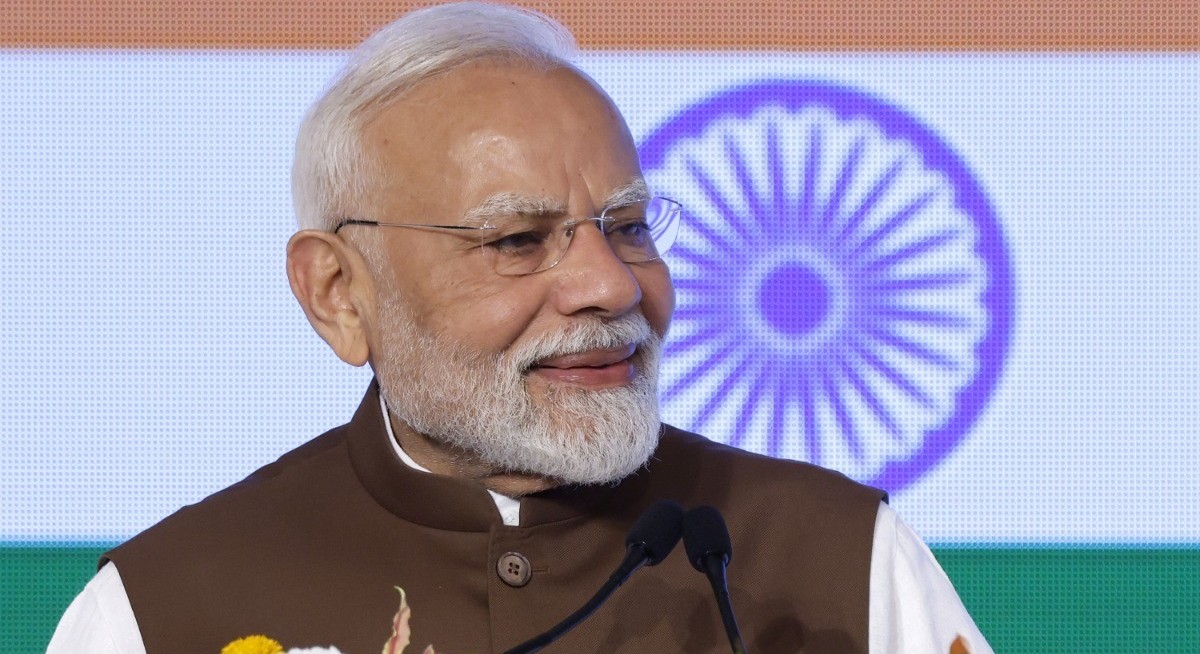These bills slated for discussion and passage aim to improve the ease of doing business in Asia’s third-largest economy. Modi wants to make India a “developed country” by 2047, a goal that requires growth closer to 8%. Most economists and multilateral institutions think the required target will be difficult to achieve without key reforms.
India’s economy is expected to grow 7.3% in the three months to September, according to the median estimate in a Bloomberg survey of economists. The data is due on Friday (Nov 28).
New Delhi is also facing pressure from Washington’s trade policies, with US President Donald Trump imposing tariffs of 50% on Indian goods, among the highest in the world. Modi overhauled the goods and services tax in September to spur domestic consumption and help the economy withstand US levies.
The government last week also implemented the revamped labour laws that give companies more flexibility to hire and fire workers, strengthen safety standards and expand social security coverage.
See also: Central bank governor says India not selling US Treasury holdings
Here is a list of key bills expected to be introduced in the winter session, which will end on Dec 19:
The Insurance Laws (Amendment) Bill, 2025
Through the legislation, the government aims to deepen penetration and accelerate growth in the sector, the parliament document said. In the federal budget for 2025–26, the government proposed removing limits on foreign direct investment in the insurance sector from the current 74%. It also said existing regulations and conditions governing foreign investment in the sector would be reviewed and simplified. Removing the FDI cap is expected to attract much-needed capital and global expertise, helping expand insurance penetration in a country where coverage remains low.
See also: India holds rate, signals longer pause after US trade deal
The Insolvency and Bankruptcy Code (Amendment) Bill, 2025
The bill aims to expedite insolvency cases and strengthen creditor rights. It also seeks to simplify group and cross-border insolvency processes, promote out-of-court resolutions and establish clearer rules for different classes of creditors. Through these amendments, the government aims to create a faster and more investor-friendly insolvency framework. If passed, the bill would help stakeholders, including banks, recover dues more quickly by shortening timelines and reducing delays.
The Atomic Energy Bill, 2025
India plans to amend its nuclear laws to attract private investment in the sector and accelerate the shift away from a fossil fuel–driven economy. The proposed changes would open atomic power generation to non-state firms, complementing efforts by state-run monopoly Nuclear Power Corp of India Ltd to achieve 100GW of nuclear capacity by 2047. The government also aims to ease concerns among equipment suppliers over existing liability provisions in the event of an accident.
The Securities Markets Code Bill, 2025
The securities markets code looks to consolidate existing acts related to securities contracts, depositories, government securities and the Securities and Exchange Board of India in a bid to boost ease of doing business.
Uploaded by Arion Yeow




